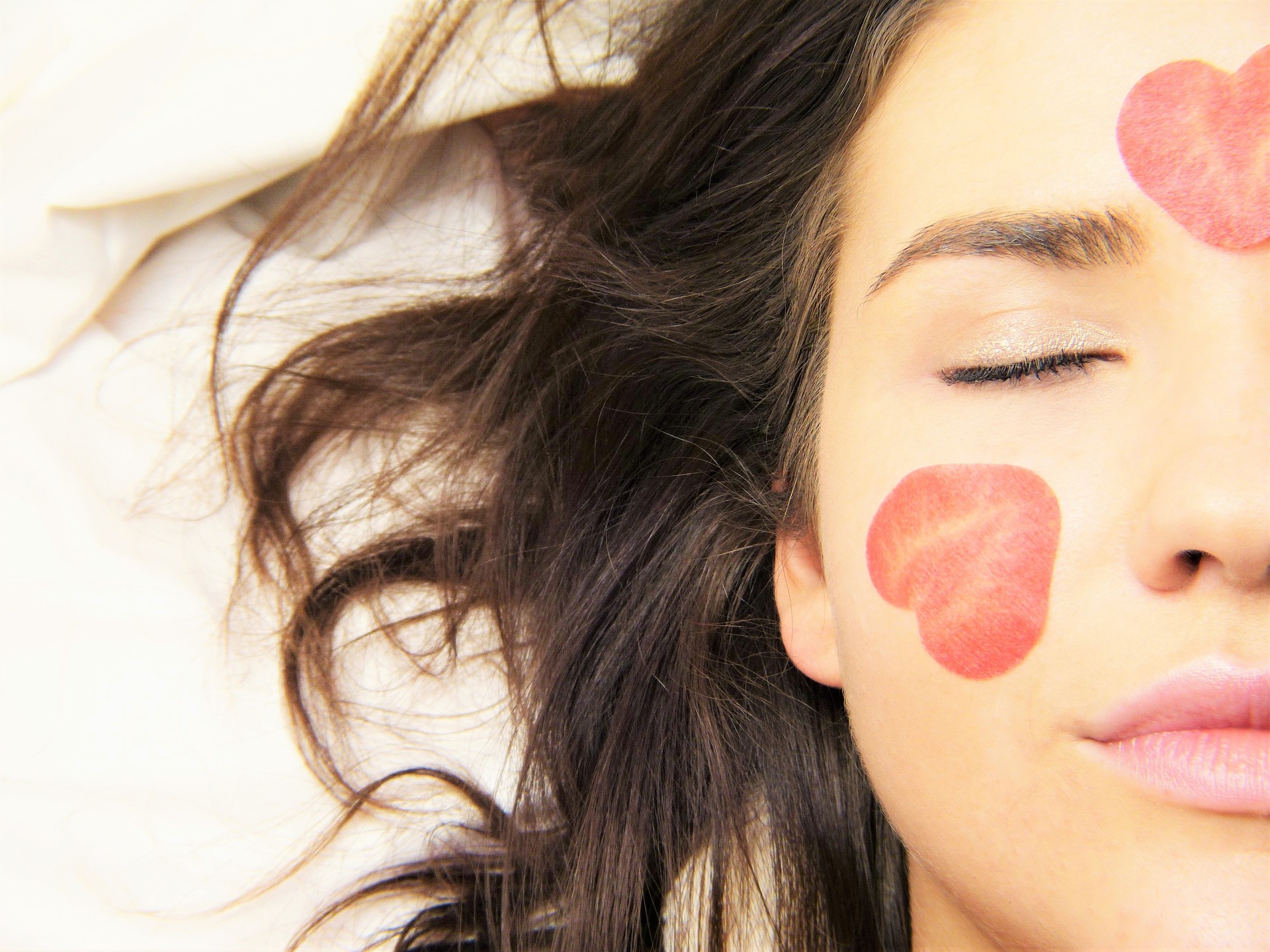Embracing the Power of the Mind-Body Connection in Beauty and Fitness
The world of beauty and fitness is a vast and ever-evolving landscape. But amidst the plethora of trends, there is one fundamental concept that underpins it all—the mind-body connection. Understanding and leveraging this connection can enhance our wellness journey, making it more effective, sustainable, and enjoyable.
The Mind-Body Connection: A Historical Overview
The concept of the mind-body connection is as old as human civilization itself. Ancient cultures, from Chinese medicine to Indian Ayurveda, have always recognized the profound interrelation between mental and physical health. However, it was only in the late 20th century that western medicine began to acknowledge this connection seriously. Today, numerous scientific studies validate the idea that our mental and emotional states can significantly influence our physical wellbeing and vice versa.
Current Trends: Mental Wellness in the Beauty and Fitness Industry
In the current landscape of beauty and fitness, the mind-body connection is more topical than ever. The global pandemic has emphasized the importance of mental health, bringing it to the forefront of wellness conversations. As a result, beauty and fitness brands are increasingly incorporating mental wellness into their offerings. For instance, skincare routines are being reframed as a form of self-care and meditation, while fitness programs are integrating mindfulness practices.
The Benefits and Market Relevance of the Mind-Body Approach
The mind-body approach offers numerous benefits. On the beauty front, managing stress and maintaining a positive mindset can lead to healthier, more radiant skin. In fitness, mindfulness can enhance performance, prevent injuries, and improve recovery time.
From a market perspective, the mind-body approach is highly relevant. Consumers are seeking holistic solutions that address their overall wellbeing, not just isolated aspects of their health. Brands that integrate mind-body wellness into their products and services are likely to resonate with this growing consumer segment.
The Impact of Mind-Body Practices on the Beauty and Fitness Industry
The rise of mind-body practices has significantly impacted the beauty and fitness industry. It has broadened the scope of these industries, leading to the emergence of new product categories, services, and wellness experiences. For instance, mindfulness apps that combine guided meditation with beauty routines or fitness exercises are gaining popularity. The role of mental health professionals in the beauty and fitness realm is also expanding.
Evidence-Based Recommendations: How to Leverage the Mind-Body Connection
To leverage the mind-body connection in your beauty and fitness journey, consider these evidence-based tips:
-
Practice mindfulness: Engage in activities like meditation, yoga, or simply conscious breathing. This can reduce stress, improve mental health, and enhance physical wellness.
-
Positive Affirmations: Positive self-talk can boost confidence, motivate you towards your fitness goals, and improve your body image.
-
Holistic Skincare: Treat skincare routines as a form of self-care. Focus not just on the products you use, but also on the process, making it a relaxing and mindful experience.
The Future of the Mind-Body Connection in Beauty and Fitness
As we move forward, the mind-body connection will continue to shape the future of beauty and fitness. As consumers seek more comprehensive and personalized wellness solutions, brands will need to innovate and evolve. The mind-body connection provides a fertile ground for such innovation, offering endless possibilities for creating transformative beauty and fitness experiences.
In conclusion, the mind-body connection offers a fresh perspective on beauty and fitness. It reminds us that true wellness is not just about looking good or being physically fit—it’s about feeling good and being mentally fit too. By embracing this holistic approach, we can enhance our beauty, improve our fitness, and enrich our overall wellbeing.





